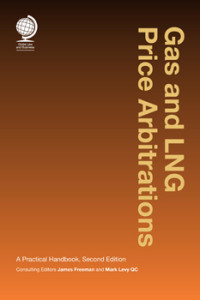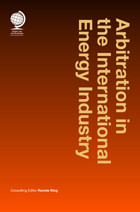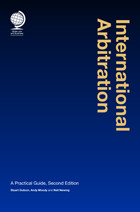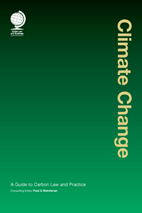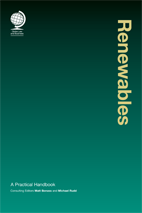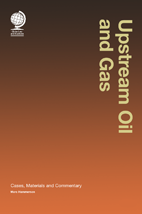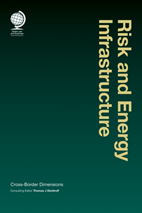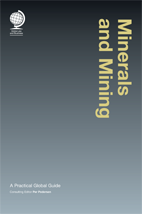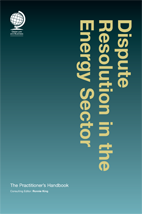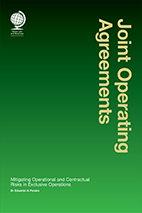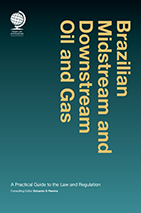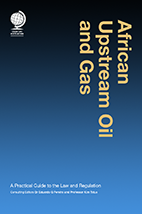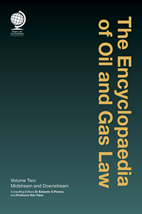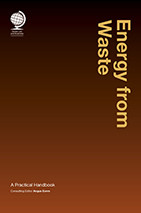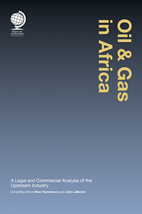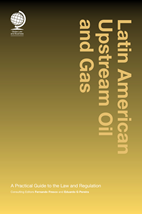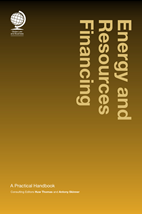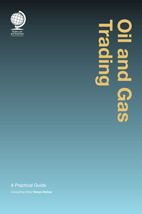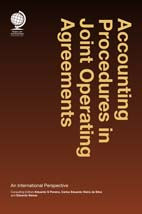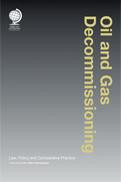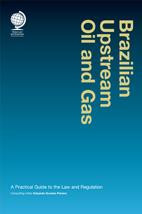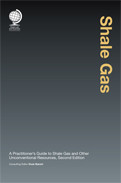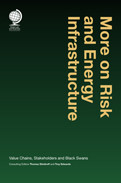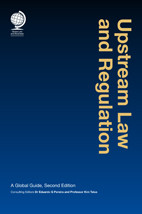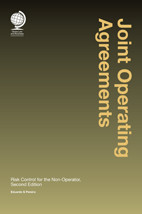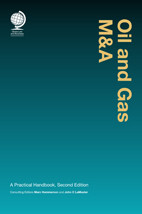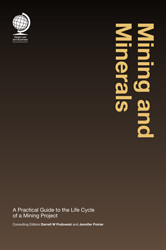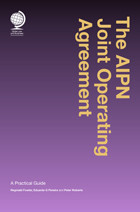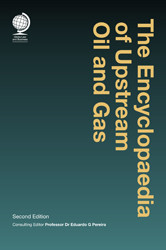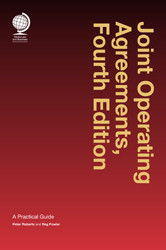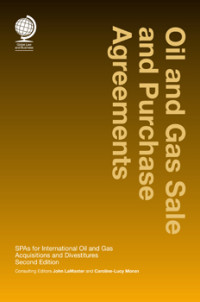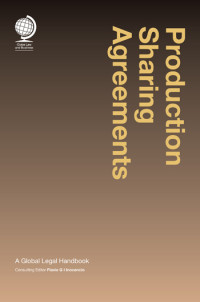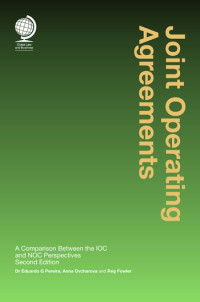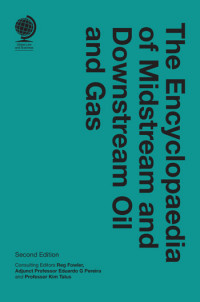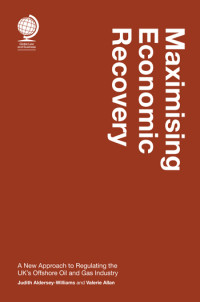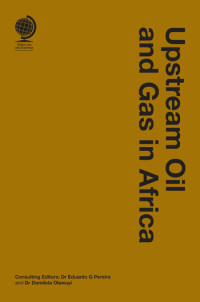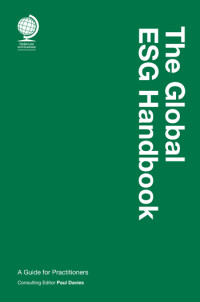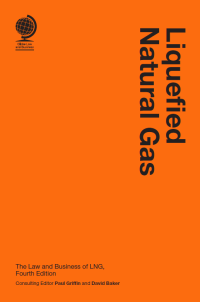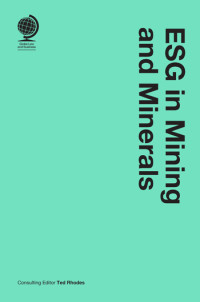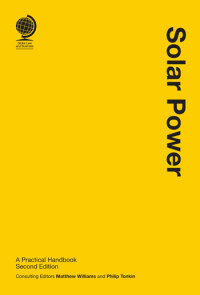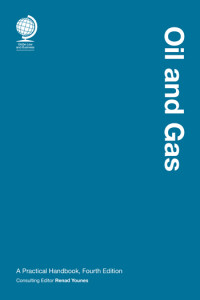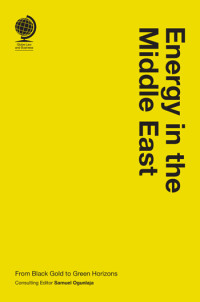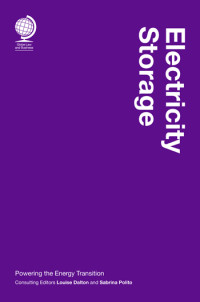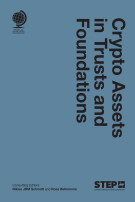
Consulting editor(s): James Freeman and Mark Levy QC
Publication date: Mar 2020
Format: Hardback
Pages: 261
Price: £175.00
Discounted Price: £105.00
ISBN: 9781787421929
How our eBook platform works
How permanent access, multi-user eBooks work
Add to basket (UK and Europe)Add to basket (USA, rest of world)
Add to basket (UK and Europe)Add to basket (USA, rest of world)
Review from first edition: This is a very useful book and it will find its way on to many book shelves. Undoubtedly, copies in legal offices worldwide will already have heavily underlined passages, as counsel (and experts), pick out exactly the points that they wish to make in their forthcoming hearings.
,
Review from first edition: The strength of this publication lies in its original, thorough and extremely detailed analysis of the stages of the gas pricing dispute and the arbitral process as well as the perspective it gives on possible pricing developments in the future and the role of dispute resolution in this context.
All contributions to the book are very well-drafted, remarkably clear, and fully reflective of the wealth of experience of the authors including both editors.
Price review disputes have become an increasingly prominent feature in gas and LNG markets over the past decade. While the first wave of disputes were driven by the ‘triple whammy’ of recession, US shale gas and the liberalisation of the gas markets in Europe, further waves have followed with the development of increasingly liquid trading hubs across Europe, ongoing volatility in commodity prices and the continuing influx of liquefied natural gas (LNG) into Europe. And the trends previously seen in Europe are starting to be replicated in Asian markets.
This practical second edition will cover the various aspects of international gas pricing disputes. It contains contributions from leading international arbitration practitioners and arbitrators in the field, in-house counsel and industry experts. It covers the various stages of a gas pricing dispute, from drafting the clause to triggering a review, all the way through the various stages of the arbitral process. It also builds on the first edition by containing insights into more substantive topics such as hub indexation, the impact on pricing of non-price terms like destination flexibility, and the differences between gas and LNG price reviews.
Despite the large number of high-value disputes in this area, this is one of the very few publications to draw together the various strands of gas pricing disputes into one book. It is therefore an invaluable guide for practitioners, in-house counsel and anyone else with an interest in this area.




